Effektiva spisar på Madagaskar – Gold Standard
Jakten på ny jordbruksmark, timmer och ved på Madagaskar hotar de unika ekosystemen och klimatet. Enligt WWF täcktes ungefär 90 procent av ön med skog i början på 1900-talet. Idag finns knappt 10 procent kvar, och mer än 400 000 hektar försvinner varje år. Genom att introducera effektiva spisar på Madagaskar kan trycket på skogarna minska och utsläppen reduceras.
Avskogning är ett akut problem på Madagaskar – 90 % av den ursprungliga skogen är redan borta. Detta har en dramatisk inverkan på öns biologiska mångfald, där mer än 90 % av djuren och cirka 80 % av växterna endast återfinns på ön. Problemet med utrotningen är påtaglig. Exempelvis anses 94 % av lemurarterna vara hotade. Orsakerna till avskogning, förutom så kallade slash- and burn-tekniker där eldning används för att bereda mark för odling, är matlagning med ved och kol. 97 % av Madagaskars hushåll lagar mat på precis detta sätt.
Det här projektet syftar till att ersätta behovet genom att byta ut traditionella ved- och koleldade spisar med effektiva spisar. Effektiva spisar på Madagaskar pårojektet har varit aktivt sedan 2008 och började med att installera solgenererade spisar, men sedan 2012 utvecklas även energieffektiva spisar. Det är från dessa som kolkrediterna genereras i och med den vinst för klimatet som skapas i och med att behovet av ved minskar.
/https%3A%2F%2Fzeromission.se%2Fwp-content%2Fuploads%2F2019%2F11%2F46257687164_b9781cbc73_k.jpg)
Projektet hjälper inte bara hushåll, utan även restauranger, gatukök, företag, skolor och sjukhus med installering av effektiva spisar. Hittills har ca 967 000 människor gynnats av tekniken som subventioneras med hjälp av köp av kolkrediter. Inom projektet sker också utbildningar och workshops med skolor och institutioner som uppmärksammar vikten av att bevara skogar.
Spisarna är upp till 70 % mer energieffektiva än de traditionella vedeldade, vilket skapar finansiellt och tidsmässigt utrymme. Dessutom är det hälsomässigt mycket bättre då de effektiva spisarna producerar den hälsofarliga röken i en mycket lägre grad. Fram till idag har 164 000 spisar producerats och installerats, vilket gett upphov till 181 permanenta jobb, 7 nya utbildningscenter och över 1 270 000 ton ved har besparats.
Projektet bidrar till följande mål
Se en film om Effektiva spisar på Madagaskar projektet
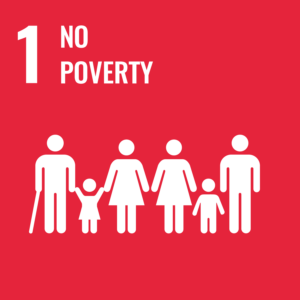
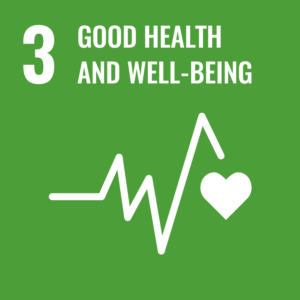
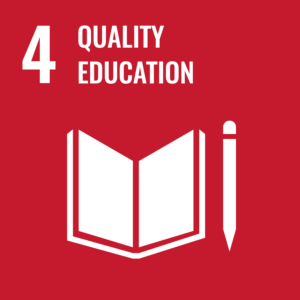

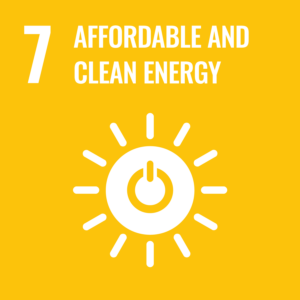



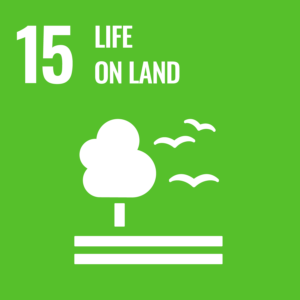
/https%3A%2F%2Fzeromission.se%2Fwp-content%2Fuploads%2F2025%2F06%2FZeroMissipon_almedalen_Take-Aways-scaled.jpeg)
/https%3A%2F%2Fzeromission.se%2Fwp-content%2Fuploads%2F2025%2F06%2FHeader_ZeroMission_Spaningar-Almedalen.png)
/https%3A%2F%2Fzeromission.se%2Fwp-content%2Fuploads%2F2025%2F06%2FZeroMission_Exponential-Roadmap_Science-Based-Targets.png)